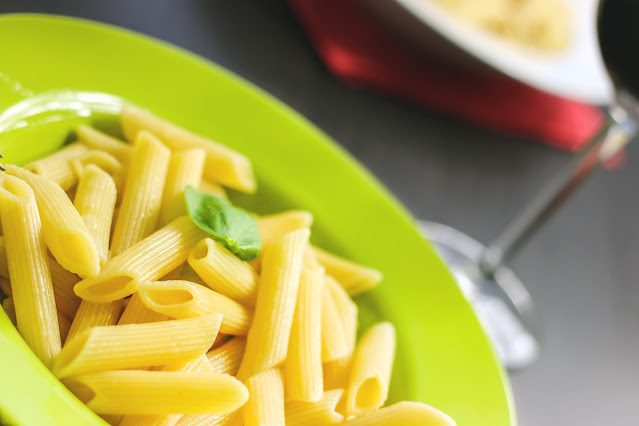In the world of vegan cooking, pasta is our canvas of creativity. From classic spaghetti to lentil fusilli, we craft cruelty-free masterpieces that delight both palate and conscience.
Are you a pasta lover and a proud vegan? Good news! The pasta aisle at your local grocery store is now a paradise for you. Wondering if pasta is vegan? The answer is a resounding "yes" for most types of pasta. Let's dive into the world of vegan pasta, exploring options, labels, and sauces that perfectly align with your ethical choices.
The Basics: Is Pasta Vegan?
To clear up the mystery, let's break it down: Pasta is primarily made from durum wheat semolina and water, making it naturally devoid of animal products. The vast majority of dried pasta available in stores, including popular varieties like white or whole wheat spaghetti, penne, fusilli, tagliatelle, linguine, and rigatoni, fit right into the vegan lifestyle. But the adventure doesn't stop there!
In recent years, innovative twists have emerged in the pasta market. Chickpea, lentil, buckwheat, and other non-traditional bases are stepping into the spotlight. These alternative pastas not only cater to a range of dietary needs but also keep vegans in mind. So go ahead and explore these options without any hesitation.
Reading the Labels: A Vital Step
While the majority of dry pasta is vegan-friendly, it's still essential to be a label detective. Some brands or specific types might include eggs in their ingredients. In certain regions, ingredients like eggs are highlighted in bold due to allergen concerns. Even if not highlighted, most pasta packages sport minimalist ingredient lists, making it easy to spot any non-vegan additions.
One potential surprise to watch out for is squid ink, used to color some pasta brands black. Stay vigilant, as this isn't part of the vegan palette. In short, always skim through the label just to be doubly sure.
Saucing it Up, Vegan Style
Let's move beyond the pasta itself and venture into the world of sauces. Here's the scoop: A wide array of store-bought sauces are already aligned with vegan preferences. While it's easy to steer clear of meat-based (like bolognese) and dairy-based (like carbonara) sauces, there's a subtle twist with pesto.
Most jarred and fresh pesto available contains cheese. However, as the vegan movement surges, stores are now stocking vegan versions of beloved non-vegan sauces. But guess what? You can also take charge and whip up your own delectable pasta sauce at home.
Embracing Flavorful Vegan Sauces
For that craving homemade goodness, you're in luck. Countless vegan-friendly pasta sauce recipes are just a Google search away. But for a quick guide, tomato-based sauces are your reliable allies. From tomato and basil to tomato and garlic, you're in for a treat. However, be cautious with tomato and mascarpone – this one sneaks in some cheese.
Final Thoughts: The Pasta-Positive Vegan Journey
Is pasta vegan? The short and cheerful answer is mostly a resounding "yes." The pasta aisle welcomes you with open arms, offering a variety of options that celebrate both your vegan lifestyle and your love for this timeless comfort food.
So whether you're indulging in classic spaghetti or embracing the wonders of chickpea pasta, remember to check labels, explore sauces, and savor the vibrant world of vegan pasta. It's a journey where ethics meet taste, and every bite is a statement of conscious living.
References:
- Nutrition Australia. (2021). Is Pasta Vegan?
- Vegan Society. (2020). How to Make Vegan Pesto
- Healthline. (2021). 11 Types of Italian Pasta: A Comprehensive Guide

Comments
Post a Comment
We welcome your input!